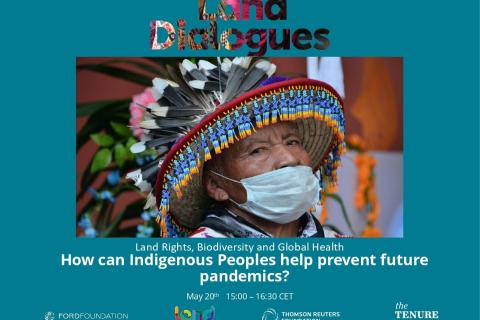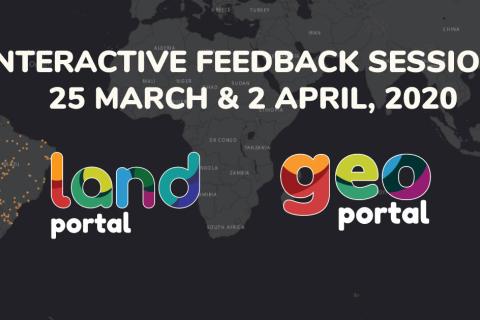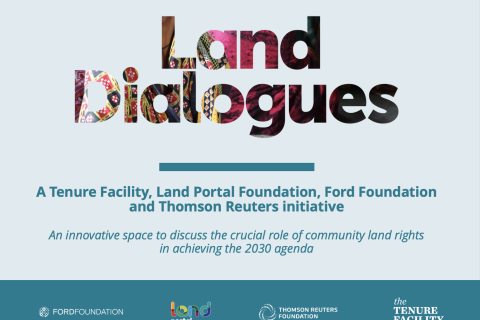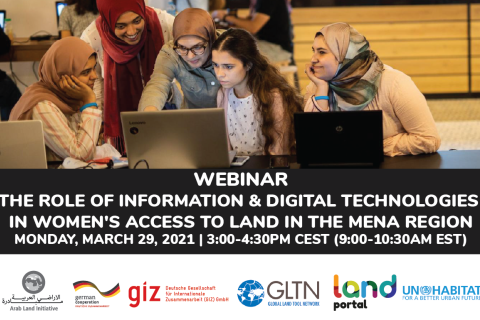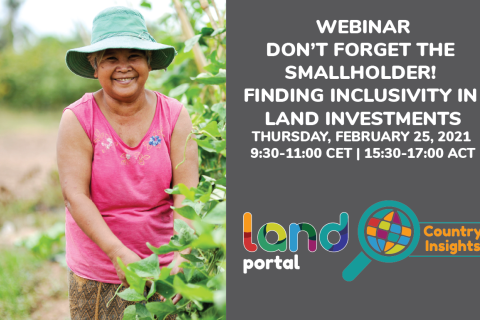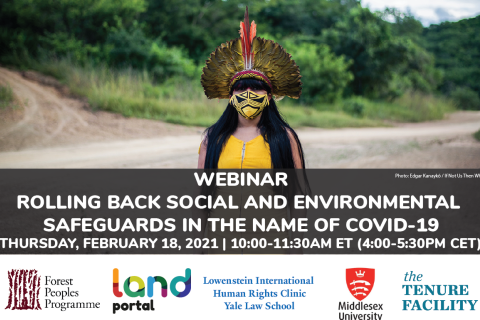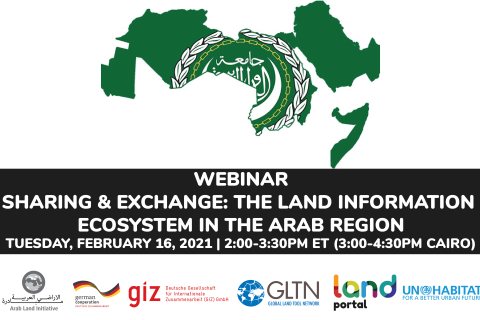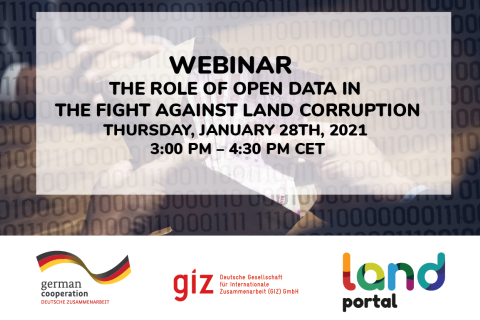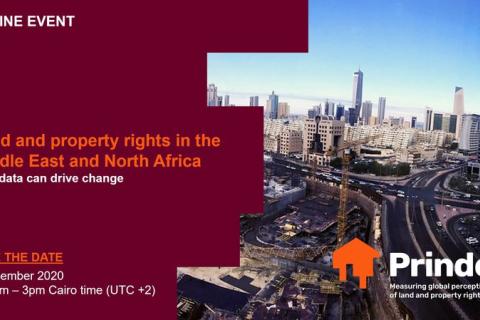Join the Debate / Webinars
The Land Portal organizes dynamic and well-prepared discussions that have a lasting impact, getting to the bottom of the issues at hand. This approach contributes to building communities of practice, ensuring a diversity of stakeholder engagement and providing lasting results through professional recordings that may be consulted for years to come. We look forward to having you participate in our upcoming webinars.
Displaying 51 - 60 of 102
Land Rights, Biodiversity and Global Health: How Can Indigenous People Help Prevent Future Pandemics?
The Ford Foundation, the Land Portal Foundation, the Tenure Facility and the Thomson Reuters Foundation launched a webinar on May 20th on the the link between “environmental imbalances” and “emerging infectious diseases". This is well established in literature; studies have shown that activities associated with deforestation, and subsequent biodiversity loss, contribute to the spread of disease vectors and associated diseases. Maintaining intact forest cover and preventing the associated consequences of deforestation, would reduce virus emergence events.
Indigenous Peoples forests governance: a fundamental strategy in preserving forests and reducing carbon emissions
April 22nd, 2021 | 9:00AM-10:30AM EST - 3:00-4:30 CEST
Watch livestream here:
Land Dialogues Webinar Series
The Land Portal Foundation, the Tenure Facility, the Thomson Reuters Foundation and the Ford Foundation proposed a series of Land Dialogues promoting the centrality of Indigenous and community land rights in advancing global efforts to halt the climate crisis, achieving a healthy planet and forwarding the 2030 Agenda for Sustainable Development.
The dialogues focused on the importance of formally recognising and securing the customary lands of Indigenous Peoples and local communities as a crucial contribution to the overall climate health of the planet.
Webinar: "The role of information and digital technologies in women's access to land in the Middle East and North Africa"
The month of March marks both International Women’s Day as well as International Open Data Day.
The Root of Inequality? Customary Tenure and Women’s Rights to Land in West Africa
This webinar discusses women's land rights under customary tenure
Don’t forget the smallholder! Finding inclusivity in land investments
This webinar took place in the frame of the County Insights initiative and marks the launch of Land Portal's new country portfolios for Cambodia, Indonesia, Malaysia and Singapore. The aim was to unpack the topic of Responsible Agricultural Investment through experiences from these countries, while marking out tenure security risks for smallholders and the rural poor. In particular, the discussion will highlight new aims towards equitable and sustainable practices for land user and investor, comparing positive case examples, and challenges to promote inclusive measures.
Rolling back social and environmental safeguards in the name of COVID-19
The webinar Rolling back social and environmental safeguards in the name of COVID-19., organized by Forest Peoples Programme, the Tenure Facility, Middlesex University, the Lowenstein International Human Rights Clinic and the Land Portal, took place on Thursday, February 18, 2021 .
Sharing and Exchange: The Land Information Ecosystem in the Arab region
Download the summary report of this webinar here
This webinar was organized in the frame of the 2nd Arab Land Conference.
The Role of Open Data in the Fight against Land Corruption
Land and property rights in the Middle East and North Africa
Land and property rights are an essential to building just and equitable societies. Yet Prindex data shows that more than 1 in 4 people living in the Middle East and North Africa fear for these rights – a higher proportion than anywhere else in the world.
Drawing on expert knowledge, regional experience, and the latest data, the event examined where insecurity is highest, who is most likely to feel insecure, and why. Crucially, it is a chance to discuss what needs to be done to drive change.
Pagination
Read what people are saying about us
- 0
- 1
- 2
- 3
- 4
- 5

